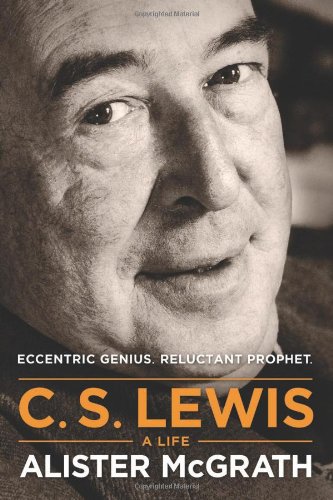Ben: One of the keys, you suggest, to Lewis’ intellectual survival during his WWI service was his ability to compartmentalize things, and to continue to have and protect his ‘inner life’ and imagination without being unduly traumatized. Could you say more about this? Was Lewis retreating into some fantasy world to protect himself from being deeply wounded by his experiences in France?
Alister: It’s very difficult, and probably quite unwise, to try and reconstruct someone’s mental defences. None of us really understand our own; how can we hope to understand someone else’s, especially when they lie in the past? We have to try and work out what Lewis was thinking at that time. And that’s why the letters are so important. Lewis will often self-disclose in those letters, especially in the 1910s, when he has no reason to suspect anyone other than his few close friends will be interested in what he’s thinking. Lewis intimates that he found the muddle, tragedy, and chaos of the Great War to be very challenging intellectually. There seemed to be no sense to anything. At one level, this reinforced his atheism at this time. Yet at another, it threatened one of Lewis’s core beliefs – that there was something worth knowing and having, even if he hadn’t found it yet. Lewis’s idea of a “treaty with reality” was constructed entirely on his own side. It was a way of keeping threatening or unsettling thoughts at a safe distance. I don’t think it’s about constructing a fantasy world; it was more about keeping the real world around him at bay, because he found its chaos and meaningless to be deeply disturbing. I often wonder if Lewis had read John Donne, and knew that famous line in which Donne voices a deep fear that the world is incoherent and meaningless: “’Tis all in pieces, all coherence gone.”













